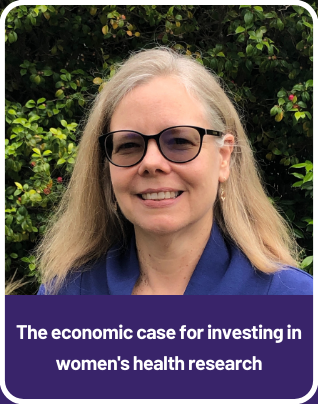
Chloe E. Bird
Senior sociologist at RAND
Chloe E. Bird (she/her) is a senior sociologist at RAND, where she studies women’s health and determinants of sex/gender differences in health and health care.
She has served as senior advisor in the National Institutes of Health’s Office for Research on Women’s Health and editor-in-chief of Women’s Health Issues, where she is now associate editor.
Her current work includes a PCORI engagement award to bring together stakeholders to develop a research agenda to improve maternal health outcomes in Medi-Cal and a WHAM commissioned study to evaluate the societal and economic impacts of increasing funding for research on women’s health and healthcare.
Recent projects include research on the impact of over-the-counter access to emergency contraception on births. In her book Gender and Health: The Effects of Constrained Choice and Social Policies (Cambridge University Press, 2008), Bird and coauthor Patricia P. Rieker explore how policymakers and other stakeholders shape individuals’ opportunities to pursue a healthy life. They emphasize the need for research that informs stakeholders’ decisions in order to improve women’s health and reduce disparities. Bird is working to build a donor-funded Women’s Health Research and Policy Center at RAND. She received the Distinguished Career Award for the Practice of Sociology from American Sociological Association for her work on women’s health and healthcare.
She is a Fellow of the American Association for the Advancement of Science (AAAS) and the American Academy of Health Behavior (AAHB). She earned her Ph.D. and M.A. in sociology from the University of Illinois at Urbana-Champaign.